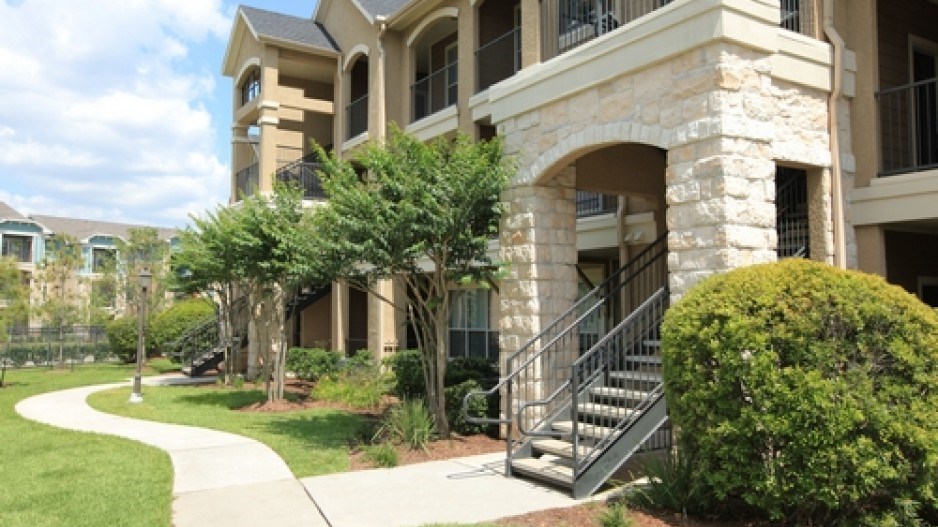Houston lift-off
Second City Capital Partners, a venture of Sam Belzberg and Bosa Properties Inc., closed a $102.5 million fund at the end of September, and now it’s investing some of that cash in Houston, Texas.
The fund, Second City Capital II LP, announced its acquisition of the Retreat at Cypress Station last week. Completed in 2005, the 296-unit multifamily development boasts proximity to “freeways, highways, shopping, restaurants and ... public parks,” according to its website.
Onsite amenities include a clubhouse, business centre, corporate housing and a “24-hour courtesy patrol.”
The location is just one factor for Second City, which sees potential in reducing operating costs, upgrading unit interiors and in turn boosting rental rates for units in the development.
Second City has pursued the strategy with Tower Realty Partners Inc. in office tower projects it has acquired in both Orlando and St. Petersburg, Florida.
Second City believes the U.S. real estate market has stabilized, and it has long been scouting properties in Texas.
“If you’re smart within that environment, and you don’t require an economic rebound for the practicality of the deal to succeed, then you’re in a strong position,” Kyle Dunn, vice-president of Second City, said earlier this year.
Big shoes
Peter Simpson’s retirement last week from the Greater Vancouver Home Builders’ Association was marked by a celebration of his career with the organization.
Blue jeans mixed with suits as a range of industry notables turned out to pay their respects.
The event came just a month after the fête marking Maureen Enser’s retirement from the Urban Development Institute (UDI) a month earlier. The changing of the guard at both organizations was an opportunity as much to pay tribute to the old and welcome the new – Anne McMullin in Enser’s stead, and Bob de Wit, who succeeded Simpson on November 1 – as it was a chance to reflect on changing times in the B.C. real estate industry.
Enser’s cultivation of UDI Pacific – from a few Vancouver-based developers in the early 1980s to an organization with offices in Victoria and Kelowna today – spoke to the increasing level of engagement between developers and the communities in which they work.
Concurrent with the rise of the Vancouver model of urban development following Expo 86, Enser helped the UDI become a voice for the industry.
Similarly, Simpson’s roots as a compositor at the now-defunct Toronto Telegram led to him giving Vancouver home builders a voice when he joined the GVHBA in 1993. Clips at last week’s retirement party showed him railing against the role of the GST in driving renovations underground and predicting a troubled history for the HST (soon to be eliminated).
His way with words was honoured; his defence of the industry’s interests held up as something to be emulated.
The next generation clearly has big shoes to fill, but if the next generation serves as long as Simpson and Enser have there’s no doubt they’ll leave an equally large void for their own successors. •




